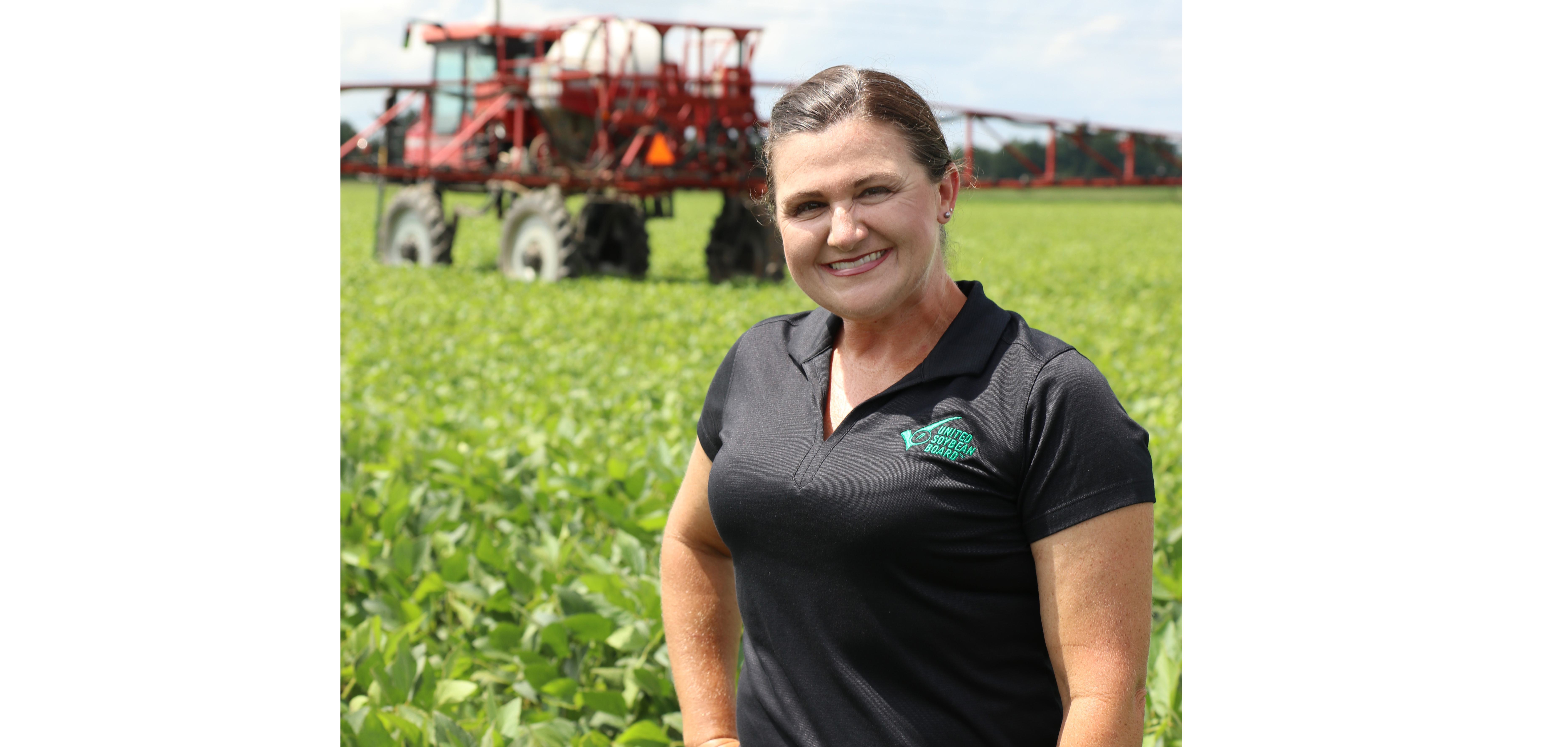As farmers, there are many things we can’t control. Severe weather, rising production costs, supply chain disruptions and commodity markets have made the 2022 crop year one of uncertainty.
Despite these challenges, most farmers remain resilient, even hopeful. We are fueled by faith, a love of the land, commitment to our way of life, and dedication to serving others through food and fiber production. We have power over our attitudes, efforts and innovation. Thanks to on-farm storage, we also can control — to some extent — when and how we market our crops.
For decades, Alabama has recognized grain storage facilities as essential implements in producing, harvesting, drying and marketing our crops. Alabama has recognized the value of other implements, like tractors or combines, and has exempted them from ad valorem taxes. Today, however, some are interpreting state law to exclude grain bins from this exemption. This threatens farmers’ ability to efficiently harvest our crops.
This week, the Alabama legislature has an opportunity to protect this important part of our production system by clarifying Alabama law. House Bill 400, by Rep. Wes Kitchens, passed the House of Representatives unanimously and awaits a final vote in the Senate, where Sen. Larry Stutts sponsored a companion bill.
At a time when Alabama farmers are plagued by uncertainty, we ask our senators to provide consistency in one of the few areas where we still can exercise some control. Farmers should not have to worry about getting a surprise tax bill for thousands of dollars or wonder why their neighbors across the county line don’t face the same burden.
Like grain wagons, dryers and other equipment, storage facilities are tools — not buildings. Grain bins allow us to store our crops until prices improve. They allow us to keep harvesting during our busy season rather than waiting in a traffic jam of trucks at buying points. They can allow us to harvest grain at higher moisture and dry it to take advantage of weather conditions or markets. These storage facilities are increasingly essential to our risk management and financial survival.
A 2017 Mississippi State Extension study on corn and soybean marketing indicated that corn and soybean revenue can increase by as much as $270 per acre of corn and $90 per acre of soybeans when implementing grain storage practices.
We’re asking Alabama’s senators to join their House colleagues by making passage of HB 400 a priority this week. We aren’t requesting anything new — only that current law be applied consistently.
This planting season is already intimidating. Fuel and fertilizer prices, supply shortages and stormy weather are testing our faith. Despite these challenges, we continue working to provide food and fiber for our communities, country and world. Help us bring a little more certainty to harvest season by passing HB 400 today.
Wendy Yeager is a fourth-generation farmer. She and husband Jamie raise soybeans, cotton, peanuts, grain sorghum and wheat at Bell Place Farm in Orrville, Alabama. The Yeagers have two daughters. The views and opinions expressed here are those of the author and do not necessarily reflect the policy or position of 1819 News. To comment, please send an email with your name and contact information to: Commentary@1819News.com.










